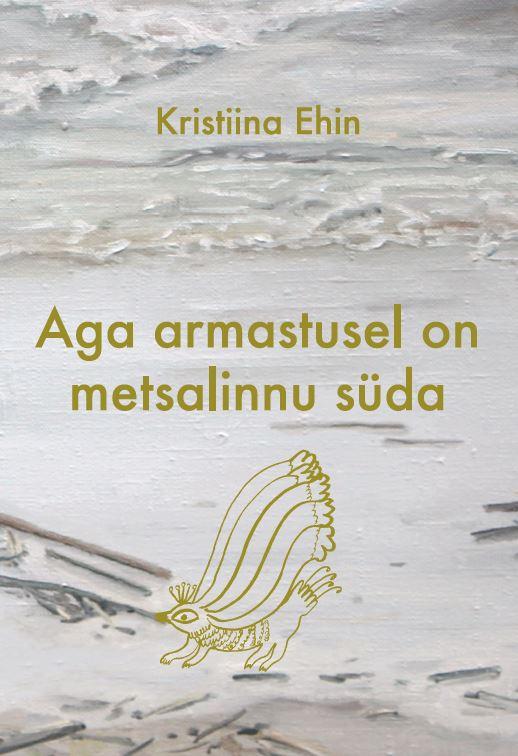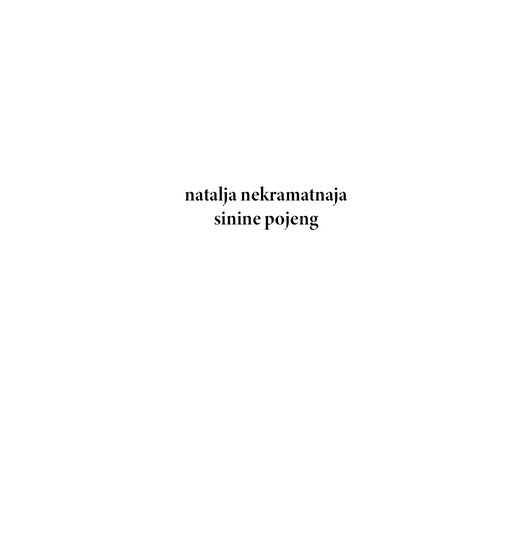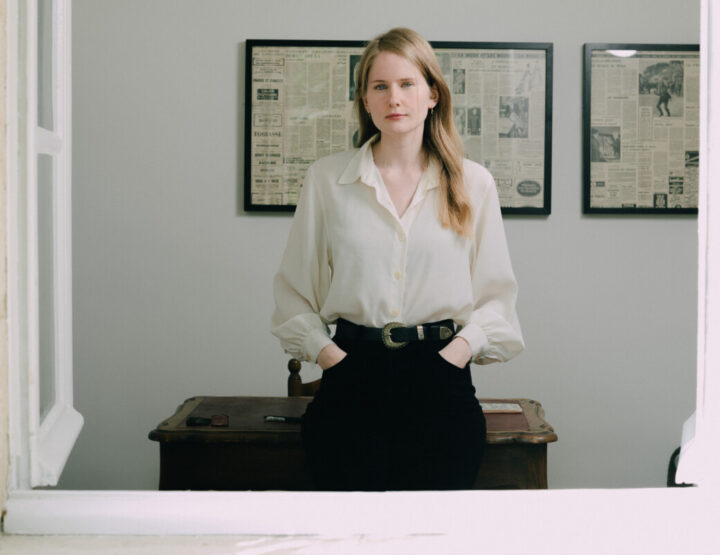2018, 88 pp.
ISBN 9789949888399
Kristiina Ehin’s eighth and latest work But Love Has a Forest Bird’s Heart is a collection of poems written over the period of 2016–2018. At first glance, the work treads the thematic paths of Ehin’s previous collections. Personal encounters blend with general imagery, nature intertwines with the city, and a yearning for the ancient is knit into the modern day. Still, it seems to be a certain transition in terms of both style and content: the opposite riverbank will materialize only with her next collection.
One major surprise is the dominance of rhyme. Ehin herself has remarked that its use constitutes swimming against the current; not getting stuck; astonishing oneself. Given the level of quality of the Estonian poetry scene as a whole, her rhyming verse truly reaches for the heights; still, true Semper-like mastery is yet to come. Ehin’s rhymes are no doubt childish and naïve from time to time on purpose. Even so, there does appear rhyming that, the more you repeat it, does not cause disquiet.
The reader can perceive an ever more emphatic “social antenna” in Ehin’s words, and one would hope it only continues to sharpen (“Our mumble-rappers in the club / fingers glistening from cheap garlic bread”; “shops are locked up / and blood spurts from the fountains”; “and you remain the god of the trees / hauled off to the cellulose factory”). Doubtless this social critique is dosed just high enough for it to go beyond tiny circles, but it’d be nice to hear rebellion that flouts safety zones in the style of Estonia’s godmother of punk, Merle Jääger a.k.a. Merca.
In summary, Ehin’s But Love Has a Forest Bird’s Heart is quite a well-rounded-out collection that speaks to the poet’s fans while simultaneously opening new doors. As with her previous works, the poems are in dialogue with one another and reverberate with inner narrative at length, something out of the ordinary for Estonian literature. In today’s cultural drought, there are few intelligent poets whose name touches and speaks to so many readers; whose sensual perception of their surroundings is capable of causing dull private-life details to swell into something great and sentimental; who have the ability to weave myth and topicality. Ehin asks, “I want to know if our language is proud / or destined to slump with its head bowed” With her words, she gives us hope to believe in the former.
Siim Lill is an award-winning artist, writer, philosopher, historian, and biologist.





